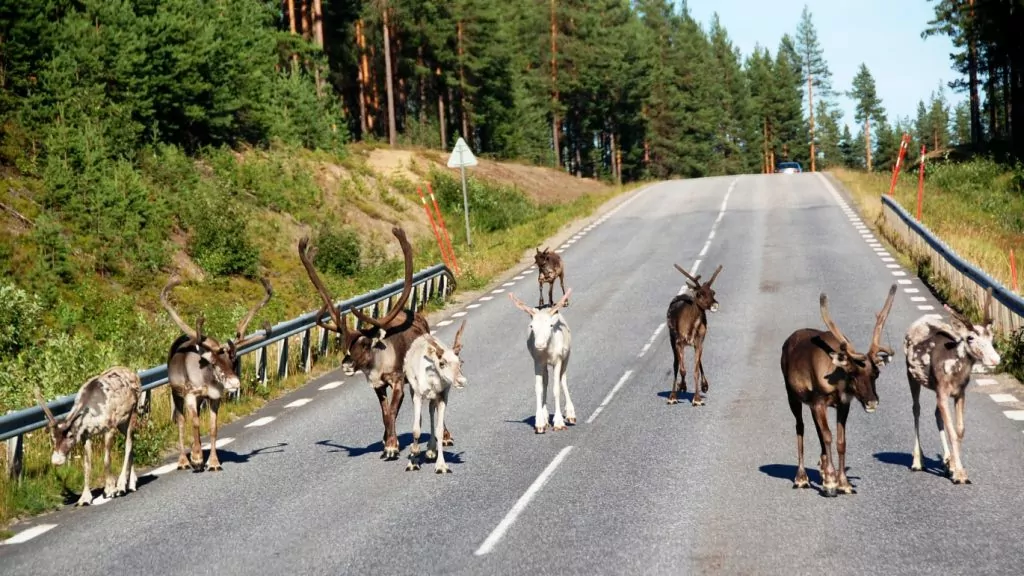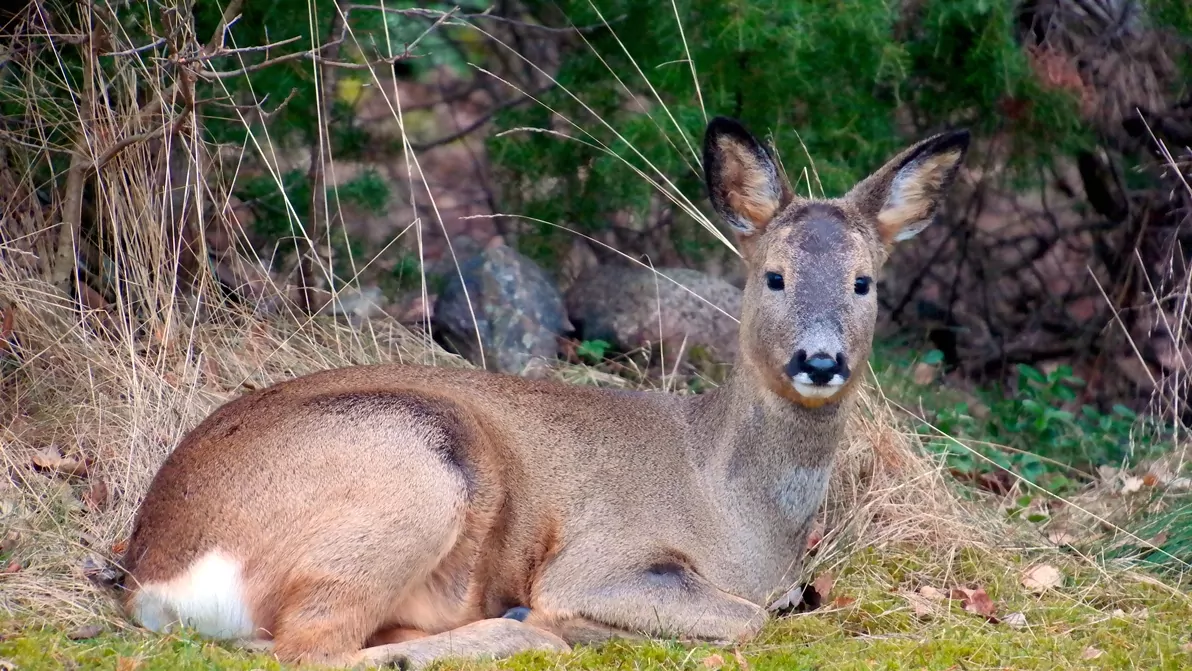When travelling around the world, it is often interesting and exciting to see animals - both wild and domestic - but you don't want to contribute to their suffering. Unfortunately, sometimes that's exactly what happens when you visit animal shows or agree to be photographed with an animal. Here are ten tips for animal-friendly holidays.
10 tips for a pet-friendly holiday
Ten tips from World Animal Protection for those who want a pet-friendly holiday:
- Wild animals belong in the wild. If you want to see animals on holiday, admire them in their natural habitats.
- Do not agree to be photographed with a wild animal. These animals are often taken from the wild, sometimes after their parents have been killed. Often the animal's teeth are also extracted and it is drugged to make it easier to handle.
- Avoid riding animals such as donkeys, camels and elephants. Many animals are overworked and not given enough food, water or rest. Wild animals are often captured when they are young and trained using brutal methods.
- Be careful when visiting zoos. Many keep the animals in harmful conditions and stress the animals, for example by allowing tourists to handle them. Reputable zoos should also have breeding programmes to reintroduce animals to the wild.
- Avoid attractions with marine mammals such as whales and dolphins. because they suffer from the stress and unnatural environment of captivity.
- Don't attend cockfights and bullfights and festivals or events involving animal cruelty.
- Eat with a clear conscience and avoid foods that come from animals that have been subjected to suffering. - such as Foie Gras from force-fed geese. Also avoid local dishes containing wild or endangered animal species.
- Do not buy souvenirs that come from animals - fur, ivory, shells, seahorses, teeth, turtle shells and others.
- If you see animals suffering or witness animal abuse while travelling, please document it. Photos or video recordings are valuable evidence but never pay to record anything.
- Inform the local police, tourist office and a local animal welfare organisation if there is one. Tell your travel agent about the incident on your return.














Ditte says:
How thought-provoking! And many people may need to be reminded of this. Easy to forget when you are there...
03 November 2014 - 17:43
BP says:
Exactly! We have always thought so, and then we are certainly not so politically correct otherwise!
03 November 2014 - 18:01
Snows says:
I can only agree! I always refuse that kind of activity. Animals should be in their own environment!
03 November 2014 - 21:15
Lennart says:
I have been to bullfighting twice.
First and last time in 1990.
I thought it was horribly disgusting.
03 November 2014 - 21:36
admin says:
Ditte, in some cases it can be obvious, but other times it's easy to not even think about it...
BP, I didn't think much about it before, we went to several animal shows in Thailand, but after that I didn't feel comfortable...
Znogge, well-run zoos might be ok, but in general I agree!
Lennart, I wouldn't want to experience that...!
03 November 2014 - 22:32
Emelaia's Travel Blog says:
Yes, we're already laughing about it, it was kind of an exciting story that we will always remember. Glad you're following us!
04 November 2014 - 2:14
admin says:
Emelaia, it's great to follow your exciting journey!
🙂
04 November 2014 - 8:20